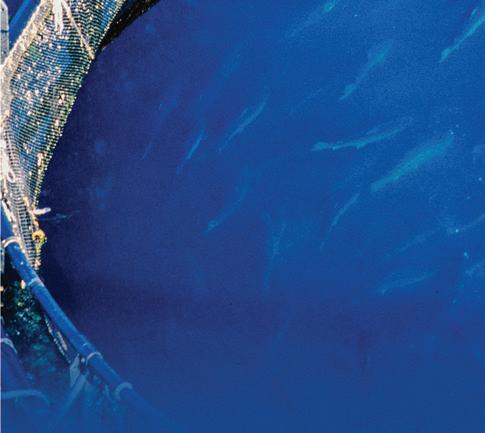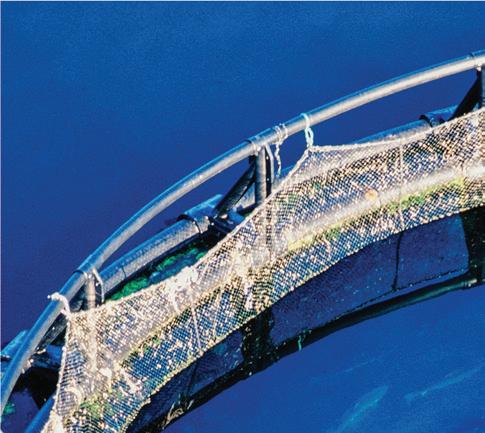
3 minute read
There are several examples of local standards that have used criteria from the GlobalGap standard, such as China Gap or Viet Gap, which help producers to market locally.
As mentioned before, it is not only the criteria, but the whole system behind it - how our audit is verified and is the integrity of the program robust? We are one of the first programs that have its own Certification Integrity Program that monitors and assess the performance of independent certification bodies. That brings a whole different level of assurance and is rather complex.
In the auditing process, what have been the major challenges?
Auditor availability is one of the main challenges. As a former auditor I have a lot of respect for people involved in this work. Auditing brings a lot of pressure, whether it be commuting, auditing or time pressure to hand in reports. Because of all these demands in the profession, auditors are always in short supply.
Auditor availability has a large impact on certification cost. If you have an auditor available locally, cost of certification will decrease significantly. This is a bit of a chicken and egg situation for certification bodies; if they can show that there is a market for certification in a certain area, there can be investments in training auditors. Any certification body can apply for accreditation to do a GlobalGap audits. This is a free market.
Another challenge involves making sure that auditors have a high level of integrity. With nearly 300 control points to verify at farm level, the pressure is immense. The auditors need to be time-sensitive, check on all the boxes, and collect evidence that support the decisions made. Training and experience greatly improve efficiency.
We are independent of the certification decision; the third-party certification bodies are the entities that perform audits and make the decisions. GlobalGap sets the rules the certification bodies need to uphold and establishes criteria that producers need to comply with, to become certified. It also sets the rules on how audits need to be conducted and the qualifications auditors need. But basically, if a certification body complies with these rules and has been verified and approved by an independent accreditation body, certification bodies can issue GlobalGap certificates.
There is demand for certified fishmeal in Asia. What role can GLOBALG.A.P play in certification of marine meals and marine by-products?

July/August 2023 AQUA Culture Asia Pacific

How do you help certified farms take advantage of certification to increase market access?
We collaborate as much as possible with certified producers to support their needs. Market access is one of the major benefits of certification. However, certification also supports companies to comply with international guidelines, like the GFSI, FAO or GSSI and establish a strong management system to mitigate risks in the supply chain.
GlobalGap can trace its roots back to European retailers as being a trusted assurance provider. These same retailers are still our major stakeholders and source from its certified producers. Certified producers are listed in our database and when interested buyers and retailer are sourcing shrimp from, for example, Indonesia or Vietnam, they can find certified producers on the database. On a demand basis, we engage with retailers and producers to see if we can match them up.
To engage with stakeholders throughout the supply chain we organise the so-called TOUR Stops at country level, where we bring together producers, buyers, and retailers to talk about specifics. Most often the Tour Stops concentrate on food and vegetables, and a day is dedicated to aquaculture, as was the case most recently in Greece. Integrity audits are another event where staff engage and exchange with producers. Both events enhance the collaboration between stakeholders.
Some producers look for engagement with GlobalGap but others are content with their own commercial activities. We are always keen on collaboration with stakeholders throughout the supply chain, as through collaboration it is possible to have a bigger impact. Small holders, such as those producing shrimp in Asia, have limited resources, and they thus look for engagement with well-connected partners. In such cases, we support marketing collaboration and awareness raising with potential buyers. Buyers are always very keen to explore new sourcing opportunities. We actively support the certification process and inform buyers of potential interests in establishing a working relationship.
In Bangladesh, we are collaborating with Solidaridad and the Bangladesh shrimp producer group to develop an app where the control points are translated into the local language. This will allow the producers to understand what is being asked. This is still a work in progress.










